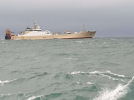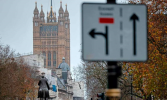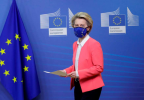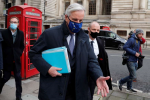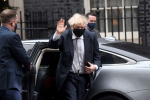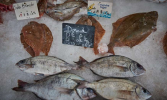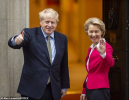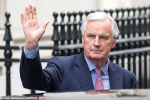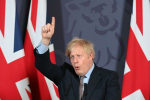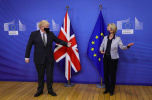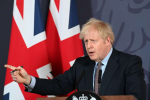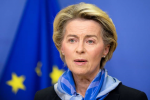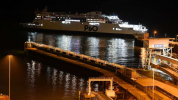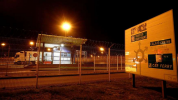Wacha1
JF-Expert Member
- Dec 21, 2009
- 16,681
- 8,233
The basics
- Brexit happened but rules didn't change at once: The UK left the European Union on 31 January 2020, but leaders needed time to negotiate a deal for life afterwards - they got 11 months.
- Talks are happening: The UK and the EU have until 31 December 2020 to agree a trade deal as well as other things, such as fishing rights.
- If there is no deal: Border checks and taxes will be introduced for goods travelling between the UK and the EU. But deal or no deal, we will still see changes.
Gun boat 'threat'
Admiral Lord West, former chief of naval staff, told BBC Radio 4's Today programme it was "entirely appropriate" for the Royal Navy to protect UK waters, although he said there would need to be parliamentary authority to allow officers to board foreign ships.But Tobias Ellwood, Conservative chairman of the Commons Defence Committee, called the threat of using Royal Navy gun boats to patrol UK waters in a no-deal outcome "irresponsible".
"This isn't Elizabethan times anymore, this is global Britain - we need to be raising the bar much higher than this," he told Today.
According to the MoD's website, three River Class patrol ships with a crew of 45 sailors already work "at least 275 days a year at sea enforcing British and European fisheries law".
Brexit: UK-EU talks continue as Navy boats put on standby:
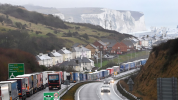
Meanwhile, the Ministry of Defence (MoD) said four Royal Navy patrol boats are ready to protect UK fishing waters.
The Sunday deadline was set by Mr Johnson and European Commission President Ursula von der Leyen after the pair met in Brussels on Wednesday, after months of talks failed to achieve an agreement.Mr Johnson said the EU needed to make a "big change" over the main sticking points on fishing rights and business competition rules, while Mrs von der Leyen said no deal was the most probable end to "difficult" talks.
The EU has rejected Mr Johnson's request to bypass the European Commission and speak directly to French President Emmanuel Macron and Germany's Angela Merkel about the unresolved issues.
According to EU officials, he was told discussions could only take place through the bloc's chief negotiator, Michel Barnier, who is meeting with his UK equivalent in Brussels.
If a trade deal is not reached and ratified by both sides by 31 December, the UK and EU could impose taxes - tariffs - on each other's goods.
EU/UK must learn to live without each other.

